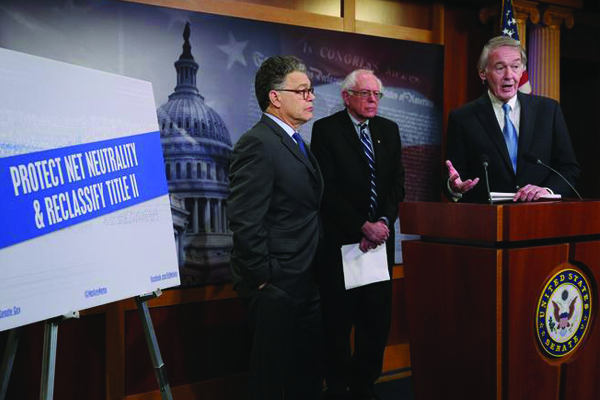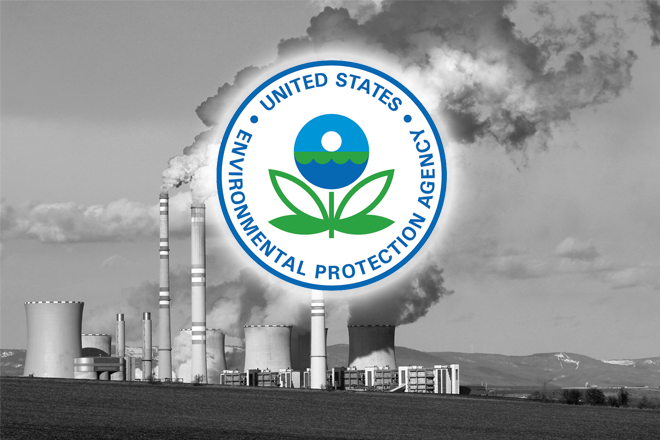The Keystone XL Pipeline bill would have authorized a 1,179-mile pipeline. The debate is a hot topic for environmentalists and North America's energy industry. The Keystone Pipeline has been under review for the past six years. Just this past Tuesday, Obama promised to veto the approval. ________
TO THE SENATE OF THE UNITED STATES:
I am returning herewith without my approval S. 1, the "Keystone XL Pipeline Approval Act." Through this bill, the United States Congress attempts to circumvent longstanding and proven processes for determining whether or not building and operating a cross-border pipeline serves the national interest.
The Presidential power to veto legislation is one I take seriously. But I also take seriously my responsibility to the American people. And because this act of Congress conflicts with established executive branch procedures and cuts short thorough consideration of issues that could bear on our national interest -- including our security, safety, and environment -- it has earned my veto.
BARACK OBAMA
_______________________________
Related article: KEYSTONE XL PIPELINES BIGGEST OPPONENT IS ITS MISGUIDED PUBLIC PERCEPTION
Journalist Amy Harder and Colleen McCain Nelson explain in detail;
"Mr. Obama vetoed the legislation, not the pipeline itself. The administration retains the ultimate authority over the pipeline, and the veto doesn’t affect the review, which is in its final stage.
The move prompted immediate criticism from Republicans, who have described the TransCanada Corp. project as a jobs and infrastructure measure. Majority Leader Mitch McConnell (R., Ky.) said on the Senate floor Tuesday that the chamber plans to hold a vote to override the veto by next Tuesday, although neither the Senate nor the House appears to have the requisite two-thirds of votes for an override.
MORE IN CAPITAL JOURNAL
Keystone Veto to Test Whether Obama, GOP Can Move Forward Barack Obama Has Issued Fewer Vetoes Than 75% of Presidents Tuesday’s veto was Mr. Obama’s third since he became president in 2009. His other two vetoes were on relatively minor bills: one involving legislation dealing with the notarization of mortgages, and the second rejecting a spending bill for technical reasons.
Many Democrats oppose the project, saying it wouldn’t create many permanent jobs and citing environmental risks that come with pipelines, including spills.
While the rejection of the Keystone legislation was no surprise, it will test whether the White House and Republicans can push forward on some shared interests while undertaking battles on other issues. Mr. Obama has threatened to veto several other Republican bills, among them legislation to alter the Affordable Care Act and to impose new sanctions on Iran.
The Keystone action also comes as a standoff over funding the Department of Homeland Security escalates, with Republicans trying to use the issue as leverage to block the president’s executive actions on immigration.
Republican leaders in Congress and Mr. Obama have pledged in recent weeks to work together on areas such as easing trade deals and overhauling tax laws. But Tuesday’s veto, along with other emerging conflicts, has brought into focus the divisions that could impede efforts for a Democratic president and Republican-controlled Congress to forge deals.
“President Obama has rejected our attempt to work together,” House Majority Leader Kevin McCarthy (R., Calif.) said in a statement.
White House officials repeatedly have said that disagreements over one issue shouldn’t become obstacles to agreement on any other issue. The skirmish over Keystone could test that aspiration.
“The question is whether Congress and the administration will be able to pursue a two-track relationship, where they disagree where they must and agree where they can,” said William Galston, a senior fellow at the Brookings Institution and a former policy adviser to President Bill Clinton.
In a message to Congress, Mr. Obama cited the continuing State Department review as the reason for his veto, saying that the legislation “conflicts with established executive branch procedures and cuts short thorough consideration of issues that could bear on our national interest—including our security, safety and environment.”
Asked if the Obama administration might eventually approve the pipeline after the State Department review is complete, White House spokesman Josh Earnest said Tuesday: “That possibility still does exist. This is an ongoing review.” Yet, Mr. Obama has spoken skeptically of the pipeline in recent months.
As proposed, the Keystone XL pipeline would move as many as 830,000 barrels of oil a day, mostly from Canada’s oil sands to Steele City, Neb., where it would connect with existing pipelines to Gulf Coast refineries. As many as 100,000 barrels of that oil could come from North Dakota’s booming oil fields.
If completed, the pipeline system would span 1,700 miles and cross six U.S. states. TransCanada already has spent $3 billion on the project, and the total cost could surpass $10 billion—more than twice an initial estimate—if it is ever built.
On its website Tuesday, TransCanada, based in Calgary, Alberta, said it “remains fully committed” to its project, despite Mr. Obama’s veto."




